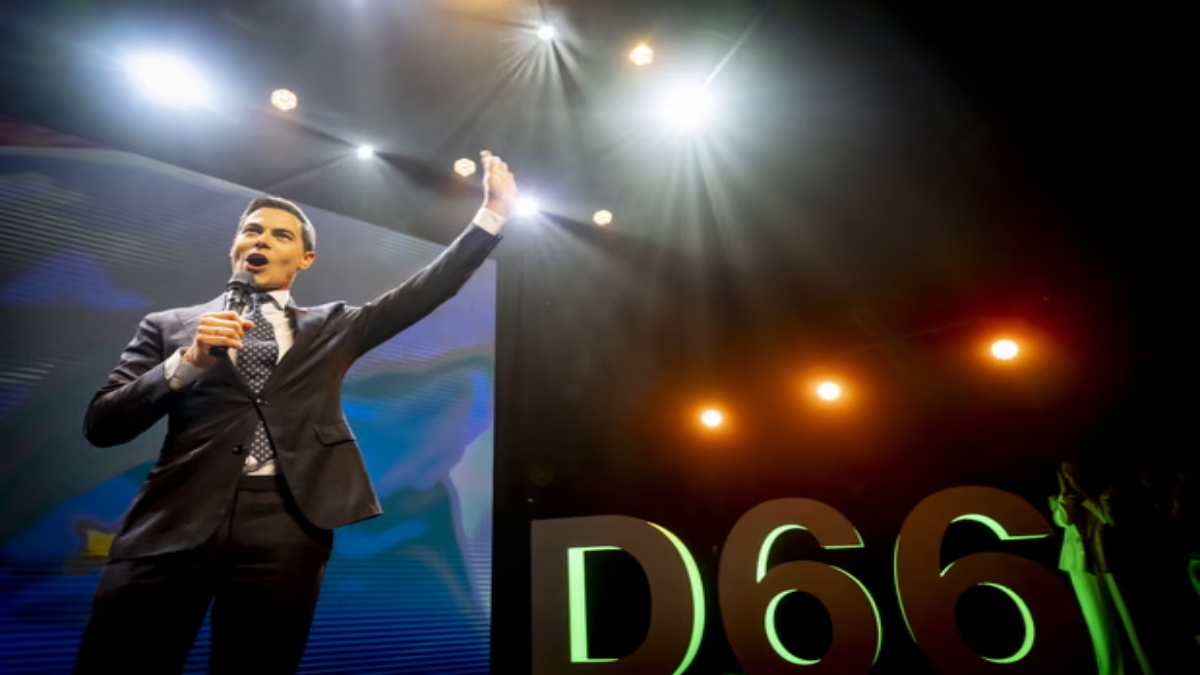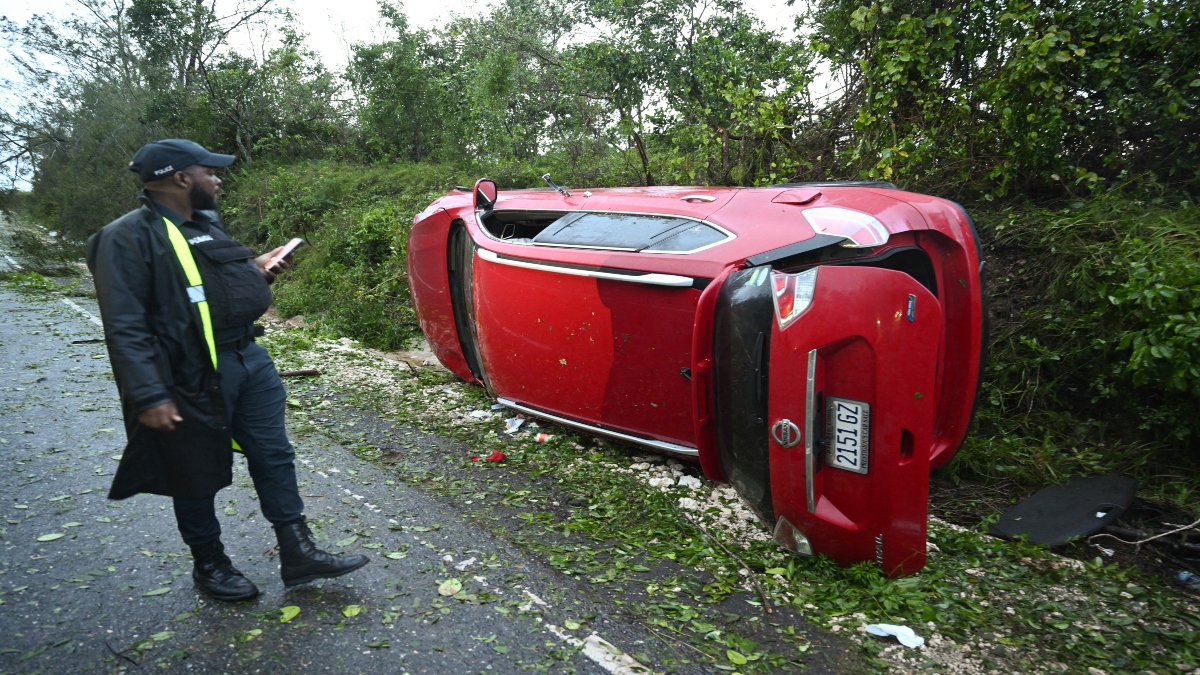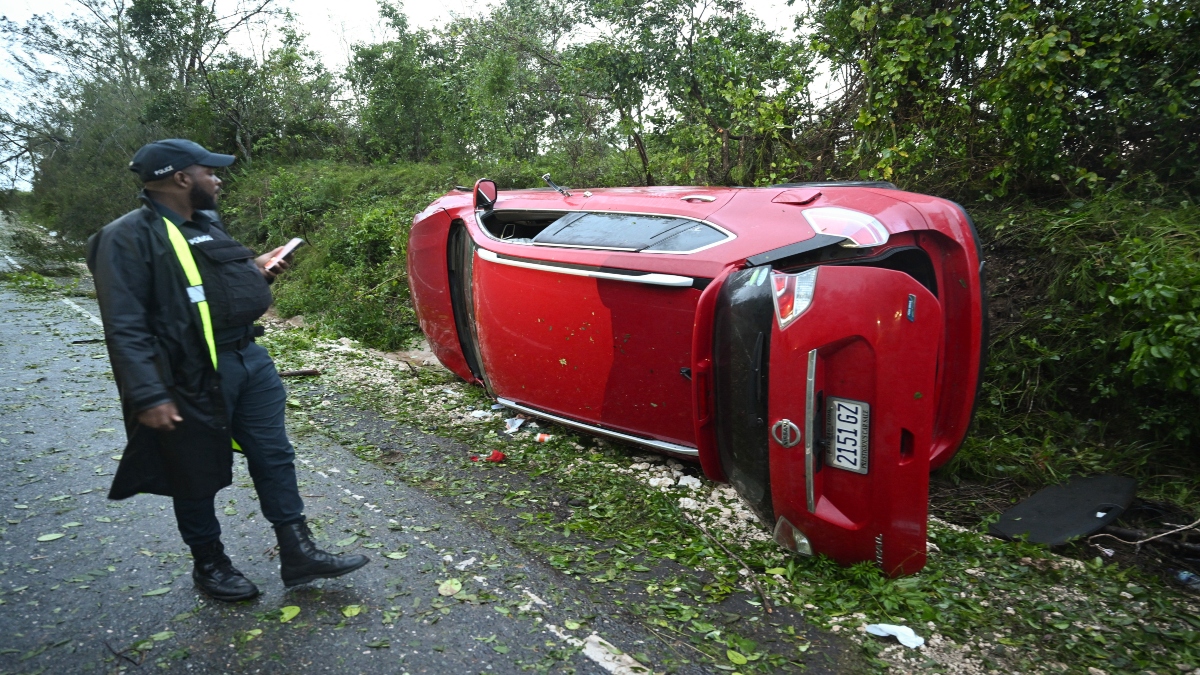The Netherlands’ liberal-progressive D66 party is on the track to become the largest party in the Dutch parliament, exit polls have suggested, ahead of the results of snap general elections. The exit polls also suggested that Geert Wilders’ far-right Freedom Party was predicted to lose a third of its seats.
The exit poll, with a one- to two-seat margin of error, indicated that the centrist party would have an estimated 27 MPs in the 150-seat assembly. This possibly clears the path for its 38-year-old leader, Rob Jetten, to become the country’s youngest and openly gay Prime Minister.
The result, if realised, would mark a historic comeback of the almost 60-year-old party, which won just nine seats in the last election in 2023. It would also mark a major setback for Wilders’ anti-immigration Freedom Party (PVV), forecast to slump from 37 MPs to 25, The Guardian reported.
The polls also reflected how the voters are leaning left after two years of a fractious, ineffectual four-party PVV-led conservative coalition government that spent most of its time infighting and achieved little. “We have today achieved D66’s best result,” Jetten told jubilant supporters at the party’s election gathering in Leiden. “Millions of Dutch people have turned a page. They have said goodbye to the politics of negativity, of hate, of ‘it can’t be done’."
“Let’s also turn the page on Wilders and work on a splendid future for our beautiful country … in the coming years, we will do everything we can to show all Dutch people … that politics and the government can be there for them again,” he added.
Impact Shorts
More ShortsWilders takes a major hit
Even if final results put the Freedom Party in first place, Wilders’ short-lived period in power after the PVV’s shock victory in 2023 seems over for now. Before the snap polls, all the mainstream Dutch parties had already ruled out joining a coalition with his party. The election in the European nation was triggered by Wilders pulling the PVV out of the government in June, less than a year after it took office.
Wilders’ party was pushed to the sidelines after partners refused to endorse his radical anti-refugee plans, widely seen as unworkable or illegal or both. The populist leader soon acknowledged that his party was unlikely to be the party of the new government.
However, he said that his decision to quit was justified. “The voter has spoken. We had hoped for a different outcome, but we stuck to our guns,” he posted on social media. It is pertient to note that under the proportional system in the Netherlands, 0.67 per cent of the vote yields one MP, a bar that was cleared by 15 of the 27 parties contesting the election, which included parties for the over-50s, for youth, for animals, for a universal basic income and for sport.
This fragmentation means that no single party ever wins a majority, and the country has been governed by coalitions – comprising, in its three most recent governments, four parties – for more than a century. Hence, the next government is expected to be no different.
What lies ahead
Meanwhile, the centre-left GreenLeft/Labour alliance (GL/PvdA) had a poor night, finishing third with 20 seats – five fewer than in the outgoing parliament and fewer than polls had predicted – prompting the party leader, Frans Timmermans, to step down.
The former European Commission Vice President said that he took “full responsibility” for the result, adding: “It is time for me to take a step back and hand over the leadership of our movement to the next generation.” With 76 seats needed to form a governing coalition, one possible scenario could be a broad-based alliance involving D66, CDA, GL/PvdA and the liberal-conservative VVD – the only member of the outgoing government to improve its seat tally, with 23. However, this appeared to be a hard task.
After coming to power, the new government would have to deal with several pressing issues, including soaring healthcare costs and housing shortages. Meanwhile, analysts warn that the Netherlands’ apparent return to what looks like a more commonsense form of government could prove short-lived.


)

)
)
)
)
)
)
)
)



